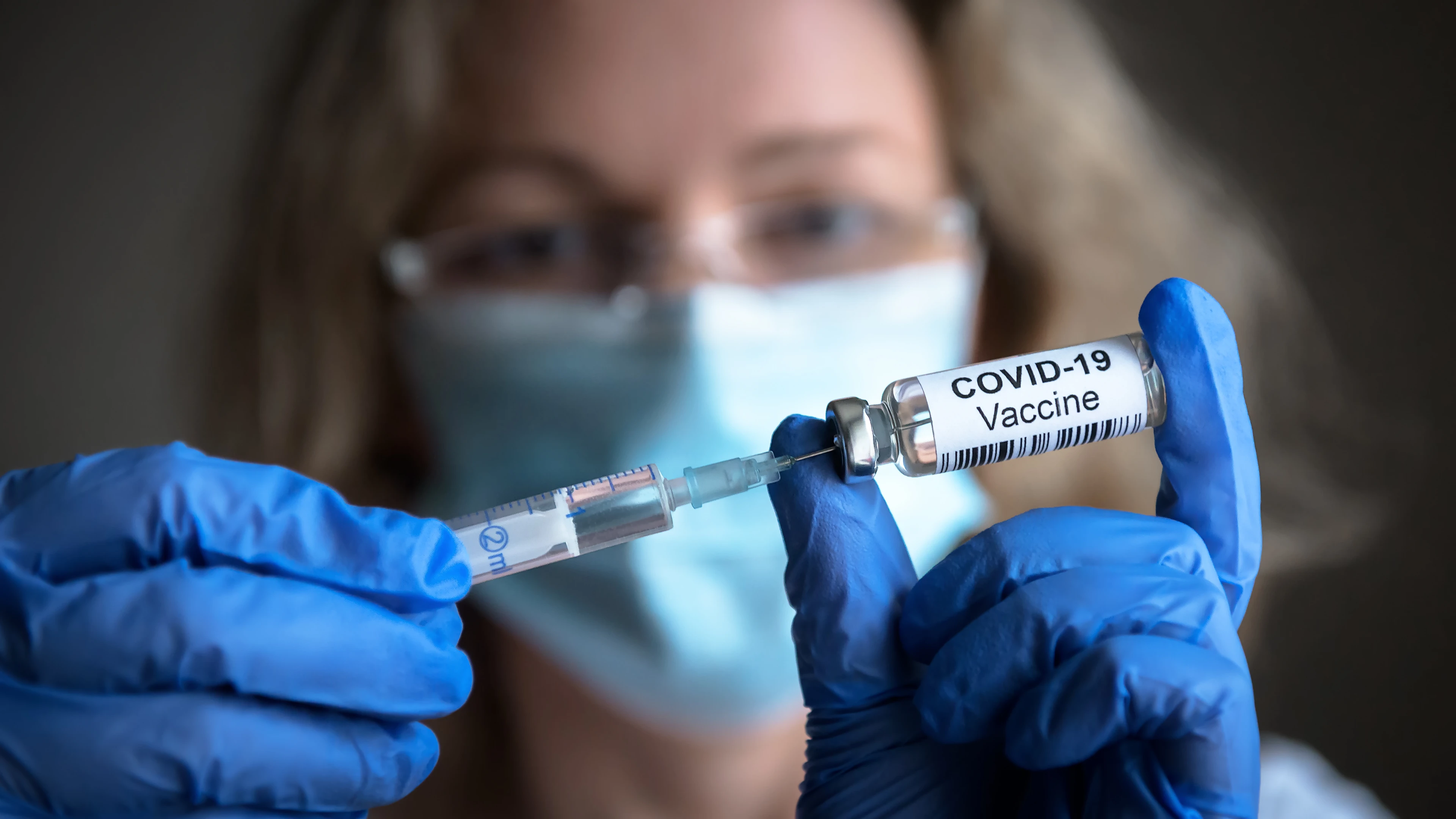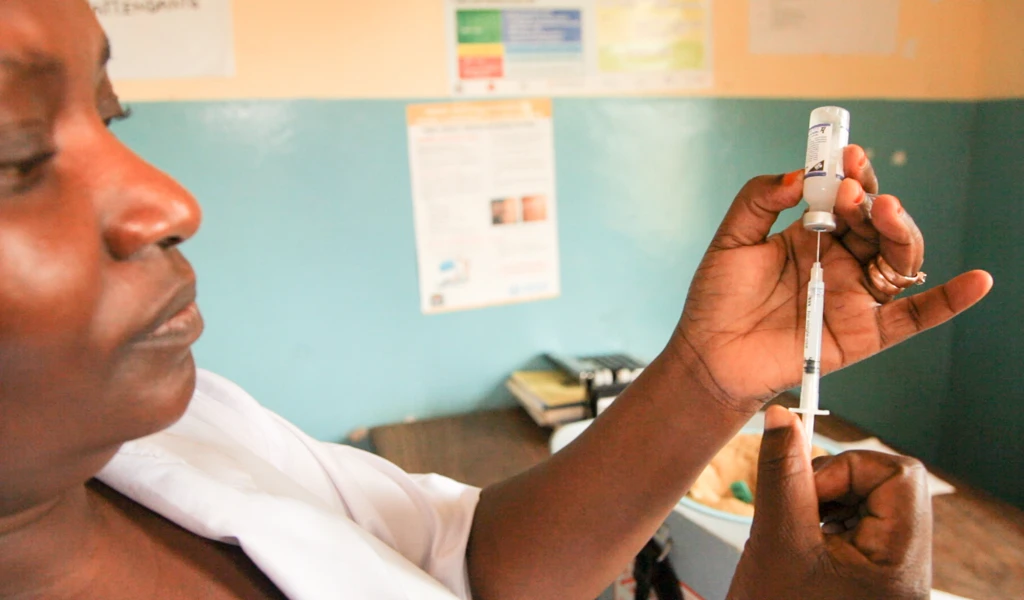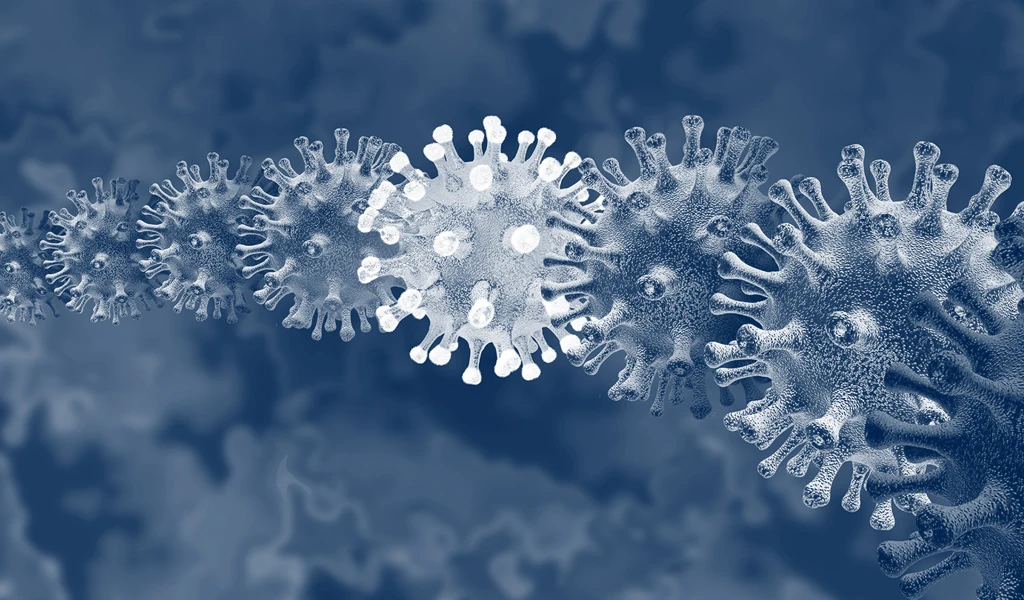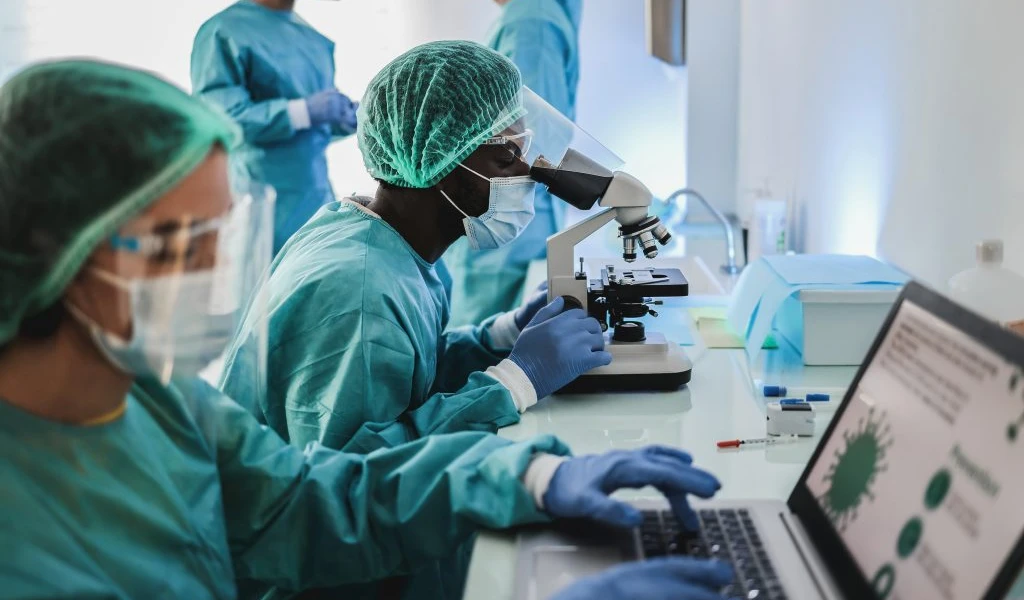The COVID-19 pandemic is not over, as the Omicron variant shows. This means the R&D job is not yet done. Focused investments are still urgently needed in specific areas of vaccine R&D. These include optimizing current vaccines, as well as developing broadly protective or "variant-proof" vaccines against SARS-CoV-2 and, ultimately, broad approaches to the whole coronavirus family.
We've seen extraordinary advances in vaccinology over the past couple of years. We need to build on these advances, so we can strengthen our defenses against the virus and stay one step ahead of it. No single organization or country can meet this challenge—it demands a concerted and coordinated global effort.
Optimizing current vaccines and developing next-generation COVID-19 vaccines
Multiple safe and effective COVID-19 vaccines are now globally available. But there is still substantial scope to optimize and improve the design and use of these vaccines to maximize their global health impact and their impact in different at-risk populations (such as elderly populations or in people who are immunocompromised) who may respond in different ways to a vaccine.
We can make it easier to deploy vaccines through regimens of single-dose instead of multiple-dose vaccines, especially in countries with transient populations or weaker health systems, or in high-risk environments such as refugee camps. And developing vaccines that don't require challenging cold-chain requirements would help in low-resource settings that lack this infrastructure.
The Coalition for Epidemic Preparedness Innovations (CEPI) has made a number of investments in these areas, including a $140 million call for proposal to fund clinical studies to address R&D gaps to enable equitable access and protection of vulnerable populations. Through this call for proposals, CEPI has backed multiple COVID-19 vaccine studies in vulnerable populations in DRC, Kenya, Mali, Norway, Rwanda and the UK, including a number of studies assessing "mix-and-match" regimens in sub-Saharan Africa and Asia among multiple at-risk populations including people living with HIV and elderly people. CEPI is also looking to fund innovative means of storing and administering drug product—such as "vaccine bags"—which could hold over 200 doses, enabling easier transportation and rapid administration.
Omicron is a stark reminder that the COVID-19 pandemic is far from over. For long-term control of the virus, we need variant-proof vaccines and equitable access to them.
Addressing variants of concern
Omicron is a stark reminder that the COVID-19 pandemic is far from over. For long-term control of the virus, we need variant-proof vaccines and equitable access to them. Variant-proof vaccines would allow us to leap-frog the virus, so we're ready for future mutations before they emerge, rather than developing vaccines against specific variants after they have begun to spread.
CEPI has established four vaccine development partnerships to create vaccines that are effective against COVID-19 variants, which are based on a wide array of technologies. Its "enabling sciences" programme has also been set up to rapidly assesses the impact of emerging variants on the effectiveness of vaccines—and makes the data available to all. CEPI's Agility Project is supporting global efforts to monitor the emergence, evolution, and spread of new SARS-CoV-2 mutations, and test whether antibody serum—known to neutralise the original virus—remains effective against emerging variants. And we have expanded our network of centralized laboratories to harmonize the assessment of COVID-19 vaccines and to enable evaluation of clinical trial samples against priority variants of concern.
Initiating the development of broadly protective coronavirus vaccines
Ultimately, the world must strive to go beyond the current method of ‘one bug, one drug' towards a vaccine that would provide broad protection against SARS-CoV-2 variants and, in the longer term an all-in-one coronavirus shot.
In March 2021, CEPI's launched a $200m funding call to support development of vaccines that can provide broad protection against SARS-CoV-2 and other betacoronaviruses (ie, the family of viruses to which SARS-CoV-1, SARS-CoV-2, and MERS-CoV all belong): nine projects are underway with more expected to be launched in the near future.
We are working to plug the remaining R&D gaps in the world's fight against COVID-19 and ensure that the world is ready to combat the next pandemic with safe and effective vaccines in just 100 days. If we want a roadmap out of this pandemic, one that is sustainable and equitable, we need continued and concerted commitment to vaccine R&D.
A path out of the COVID-19 pandemic
CEPI was ready to act at the very beginning of the COVID-19 pandemic. On 23 January 2020, at the World Economic Forum in Davos, we announced our first COVID-19 vaccine development programmes. At the time, there were just 581 confirmed cases of COVID-19 globally. We swiftly built a large and diverse portfolio of 23 COVID-19 vaccine candidates, supporting three of the 11 COVID-19 vaccine development projects that have been granted WHO Emergency Use Listing.
Now, as part of CEPI's $3.5billion plan to tackle the risk of future epidemic and pandemics, we are working to plug the remaining R&D gaps in the world's fight against COVID-19 and ensure that the world is ready to combat the next pandemic with safe and effective vaccines in just 100 days. If we want a roadmap out of this pandemic, one that is sustainable and equitable, we need continued and concerted commitment to vaccine R&D.
For more information on CEPI's COVID-19 work, see here.
Learn more about CEPI's $3.5 billion pandemic plan here.



